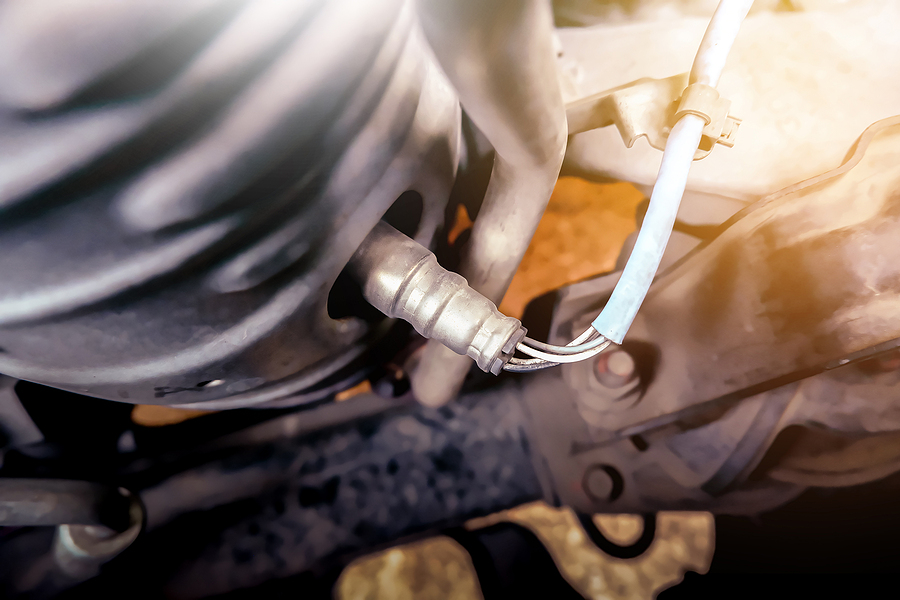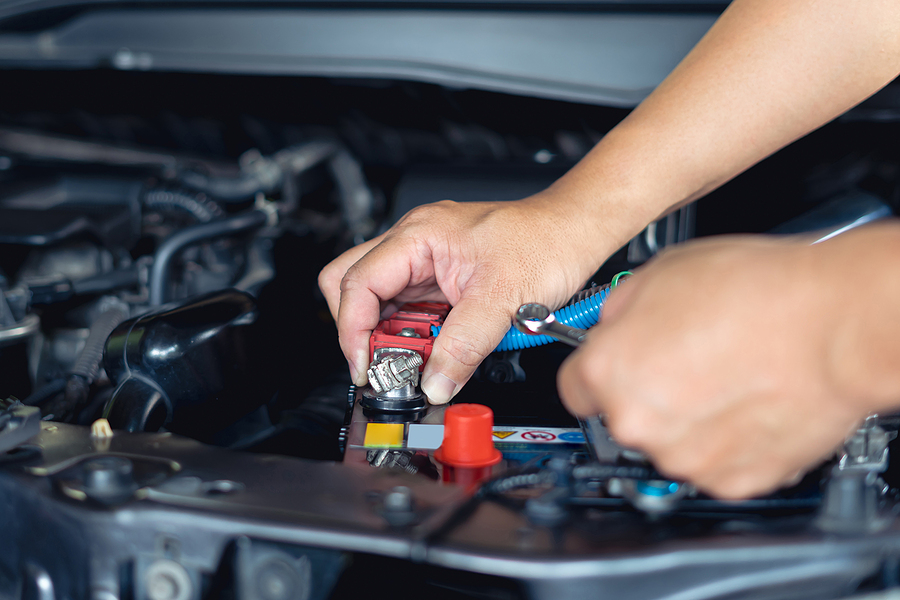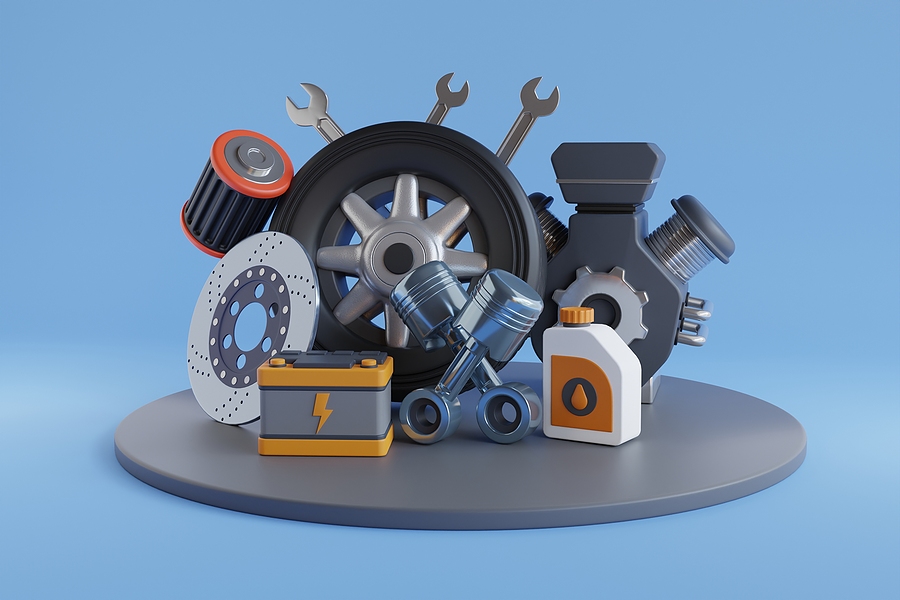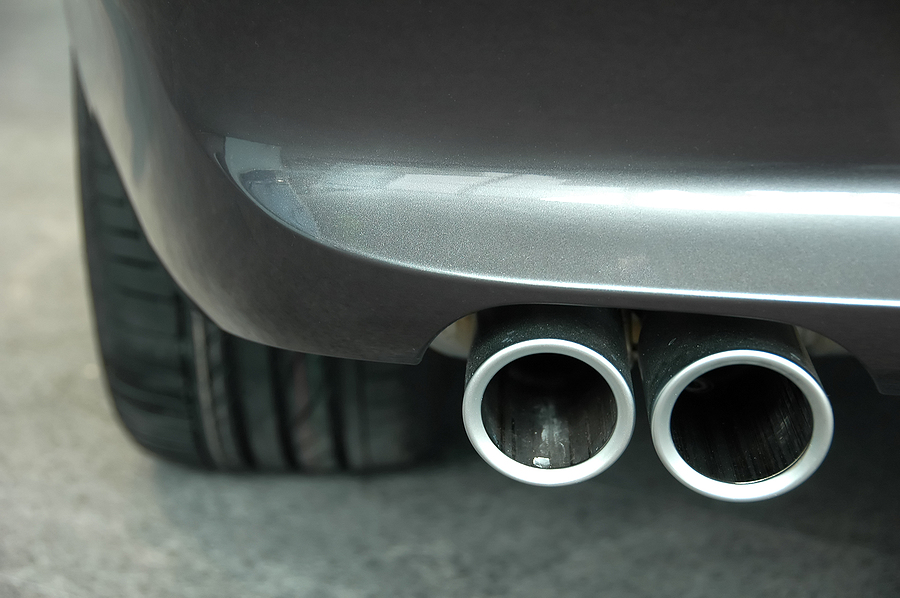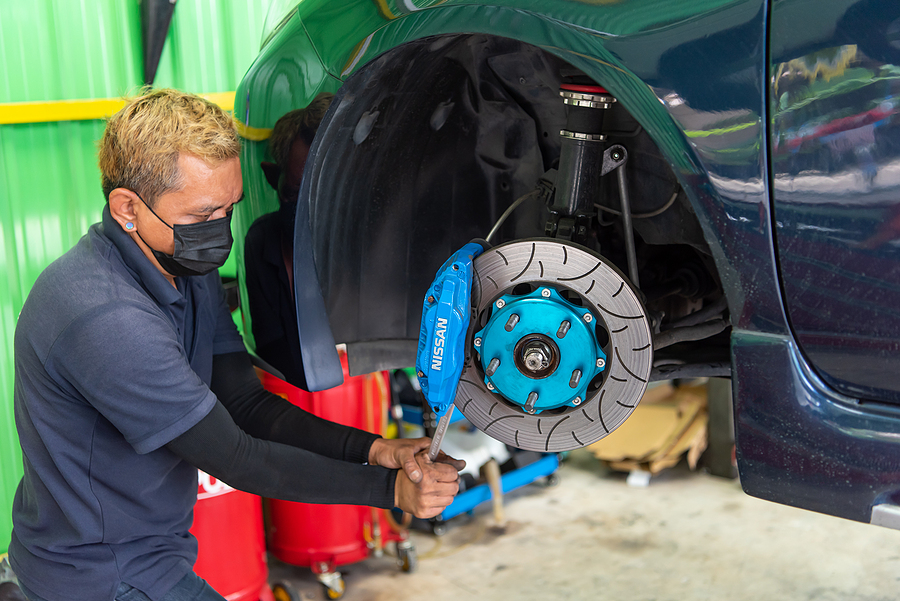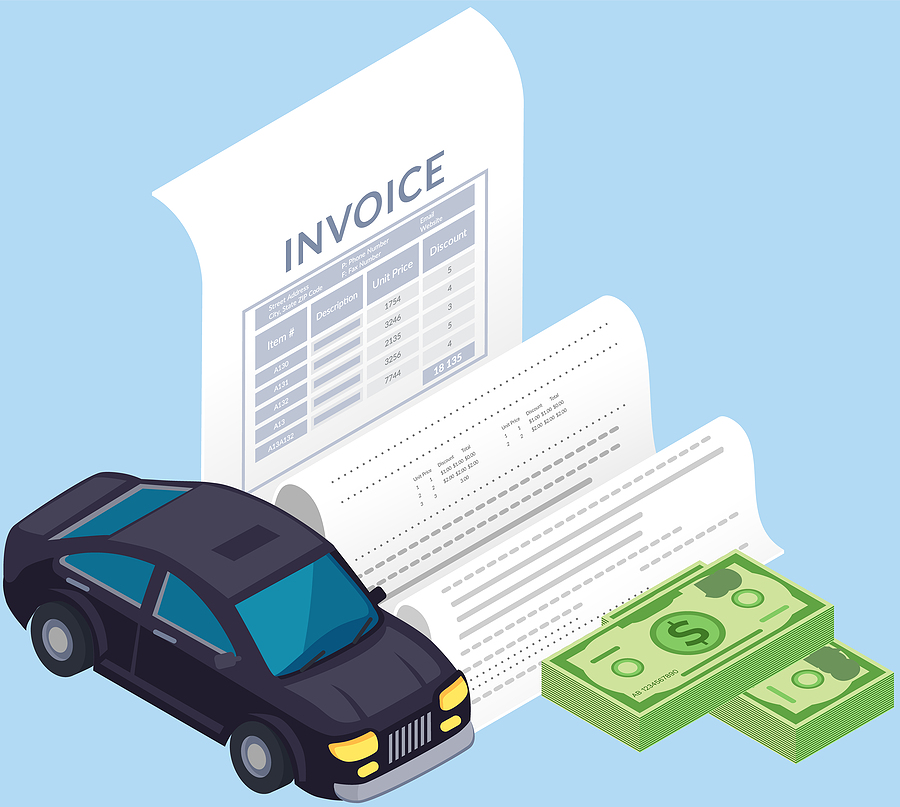We’ve all been there: you’re cruising down the highway, your favorite song playing on the radio, when suddenly, your car sputters, stalls, and comes to a halt. Your heart sinks as you realize – your car has broken down. This unexpected situation can be stressful and daunting, especially if you’re unprepared.
Thankfully, this comprehensive guide is here to help you navigate through sudden car issues. We will take you through the necessary steps to handle such situations, from identifying the issue and contacting an auto repair service to deciding when you need a towing service. Let’s hit the road to knowledge, shall we?
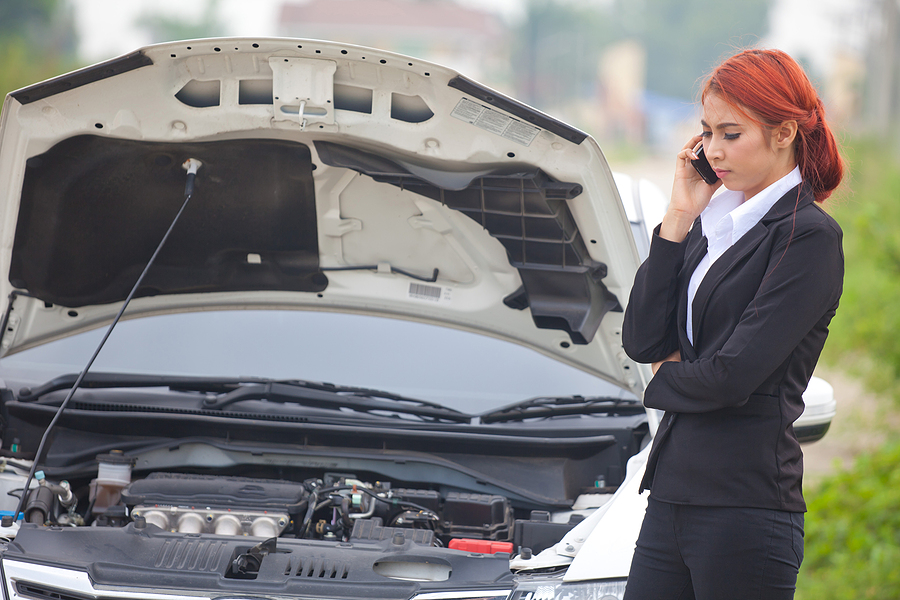
What to Do if Your Car Breaks Down
Finding yourself stranded on the side of the road due to a car breakdown can be a scary experience. But knowing what to do in a roadside emergency can help you remain safe and quickly get back on your way. The first step is to ensure you are off the roadway and out of harm’s way. Turn on your hazard lights and use cones or flares if you have them to signal to other drivers. Then, assess the issue with your vehicle and determine if you can fix it or need to call for assistance. Keep your cell phone charged and accessible and contact a friend, family member, or emergency roadside assistance if needed. Remember to prioritize your own safety and the safety of others on the road.
After the Breakdown
Identify the Issue
The first step to handling a sudden car issue is identifying the problem. This can be daunting, especially if you’re not well-versed in car mechanics. However, there are a few simple checks you can do to help pinpoint the issue. Start by checking your dashboard for any warning lights or messages. This could indicate anything from low tire pressure to engine trouble. Next, listen for any odd sounds or smells coming from your car. These could point towards a specific problem and help you communicate with the mechanic more clearly. Lastly, try to recall any recent changes or incidents that may have caused the issue. This information can be helpful in diagnosing the problem.
Contact an Auto Repair Service
Once you’ve identified the issue, it’s time to contact an auto repair service. It’s important to choose a reliable and trustworthy mechanic who will provide quality service at a fair price. You can ask for recommendations from friends and family or check online reviews to find reputable mechanics in your area. When contacting the repair service, be sure to describe the issue clearly and provide any necessary information you’ve gathered. This will help the mechanic arrive at an accurate diagnosis and give you an estimated cost for repairs.
Decide When You Need a Towing Service
In some cases, your car may not be safe to drive to the repair shop. For example, if your engine has completely shut down or if there is extensive damage to your vehicle, attempting to drive it could cause further harm. In these situations, it’s best to call a towing service. They will safely transport your car to the repair shop and save you from potential accidents or additional expenses. You can also utilize a roadside assistance program if you have one, which often includes free towing services.
In Summary
Dealing with sudden car issues can be stressful, but by following these steps, you can handle the situation with confidence. Remember to stay calm and assess the issue before contacting an auto repair service. In some cases, a towing service may be necessary for your safety and the well-being of your vehicle. By being prepared and taking the necessary steps, you’ll be back on the road in no time. And don’t forget to schedule regular maintenance for your car to prevent unexpected breakdowns in the future.
Are you in search of a reliable car mechanic for auto repairs in the Indy area? Contact Northeast Auto Service at 317-475-1846 for professional, ASE-licensed car maintenance and automotive repair in Indianapolis, Indiana. Check out our auto shop coupons, too!
Related Posts:
Top 4 Reasons Why Your Car Won’t Start
Common Signs That Indicate Which Car Repair You Need
Strange Car Smells and What They Might Mean

